The day began with a surge of energy, a sense of purpose so electric I thought, This is it. I’m unstoppable.
Then I remembered I took Sudafed that morning, so maybe the momentum I was feeling was just literal amphetamines coursing through my system.
But I’ll take it. Momentum is momentum.
And I was on fire.🔥
I sent off five pitches for my shows
I signed a contract for a solo performance—committing not only to the show but to selling tickets, to doing it in NYC, to making it work financially. 😬 I wrote a check for the deposit, a tangible act that said, This is real. I’m doing this.
The day hummed with bravery. I wasn’t just thinking about my creative dreams; I was actively moving toward them! Look at me go! Each decision felt like a step forward, and I ended the day with a sense of accomplishment so tangible it could have been bottled and sold as ambition.
Momentum is intoxicating. It makes bravery feel easy, almost automatic. Yesterday, I was bold, decisive, unstoppable.
This morning, when I woke, I was different. The momentum of yesterday had evaporated, replaced by something heavier, murkier. I woke up with a tightness in my chest, the familiar unease that makes the day ahead feel impossibly long.
Fear had crept in overnight.
The questions began to pile up in my mind like storm clouds: What if no one buys tickets? What if I priced it wrong? What if no one even cares?
Yesterday’s victories (and Sudafed worn off) now felt like risks teetering on the edge of disaster.
Momentum doesn’t cancel fear. It simply pushes it aside long enough for you to act. But fear always finds a way back in.
This is the hangover of bravery—the vulnerable aftermath of putting yourself out there. The reckoning that comes when the high of action (and the literal drug) wears off and the reality of what you’ve done settles in.
I try to remember (the hardest part is remembering) that this feeling isn’t permanent, but rather the fog of self-doubt, a temporary weather system passing through.
The fog didn’t lift all at once, and it doesn’t lift completely most of the time. It may be back tomorrow.
And I know the antidote: action.
Bravery isn’t a one-time act. It’s a habit, a practice, something you do even when you don’t feel like it.
Especially when you don’t feel like it.
I open my notes app, and make a list of the next steps: figure out the artwork, plan pre-sale incentives, research after-party.
None of it monumental, but that’s the point.
I plough through the metaphorical fog. I send another email. Check off another task. Each small act chips away at the fear, the fog, the weight.
By midday, I feel lighter. Not fearless, but steady. The hangover isn’t gone entirely, but it no longer defines the day.
Momentum doesn’t erase fear, but it carries it. Bravery doesn’t eliminate doubt; it coexists with it.
This is the rhythm of creative living: momentum, fear, action, repeat.
It doesn’t get easier. It gets clearer.
The act of stepping forward—despite the hangovers, the fear, the fog—is what makes you brave. It’s what makes the work meaningful.
Slowly, step by step, you build a life that feels alive.
Over and over, there are days when you are soaring high, then comes the inevitable crash, and the steady climb back up.
Bravery isn’t a destination; it’s a cycle. And every time you step into it, you’re reaffirming your commitment—not just to the work, but to yourself.
